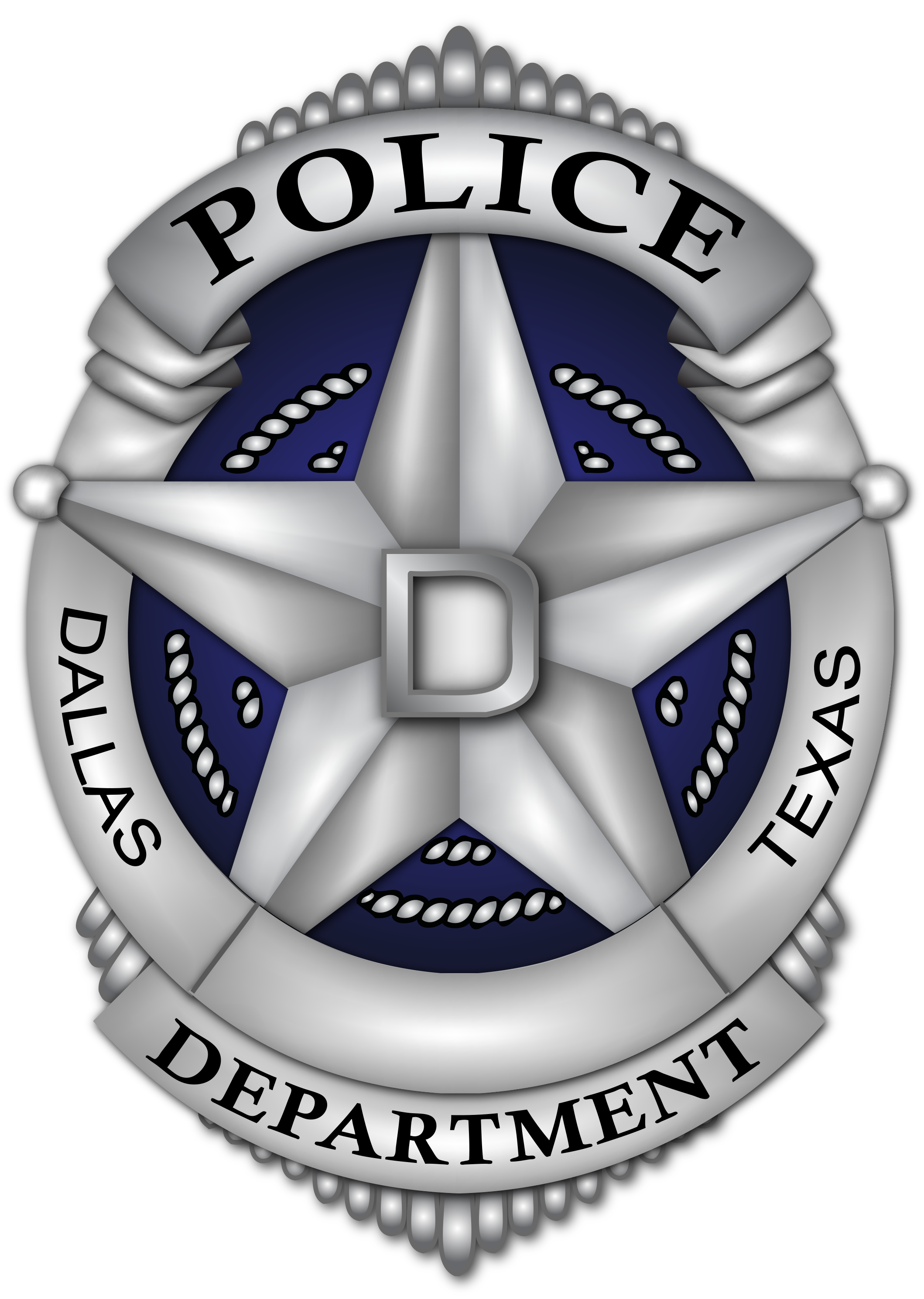
Dallas Police Department General Order 100.00 Table of Contents Revised 04/19/2024
|
100.00 PURPOSE
100.01 Authority, Organizational Structure, Chain of Command
100.02 Echelons of Command
100.03 Order of Succession
100.04 Organizational Commander
100.05 Duty Commander
100.06 Command Presence for Lieutenants
100.07 Morning Reports
100.08 Assignment of Personnel
100.09 Assessment of Personnel Allocation
101.00 OFFICE OF THE CHIEF OF POLICE
101.01 Office of the First Assistant Chief of Police
101.02 Office of the Chief of Staff
101.03 Financial & Contract Management Division
101.04 Criminal Law & Police Unit
102.00 INVESTIGATIONS BUREAU
103.00 PATROL BUREAU
103.01 Patrol Divisions
104.00 STRATEGIC DEPLOYMENT BUREAU
105.00 ADMINISTRATIVE BUREAU
105.01 Caruth Police Institute (CPI)
106.00 SUPPORT BUREAU
107.00 DIRECTORY OF FACILITIES
107.01 Directory of Major Local Hospitals
